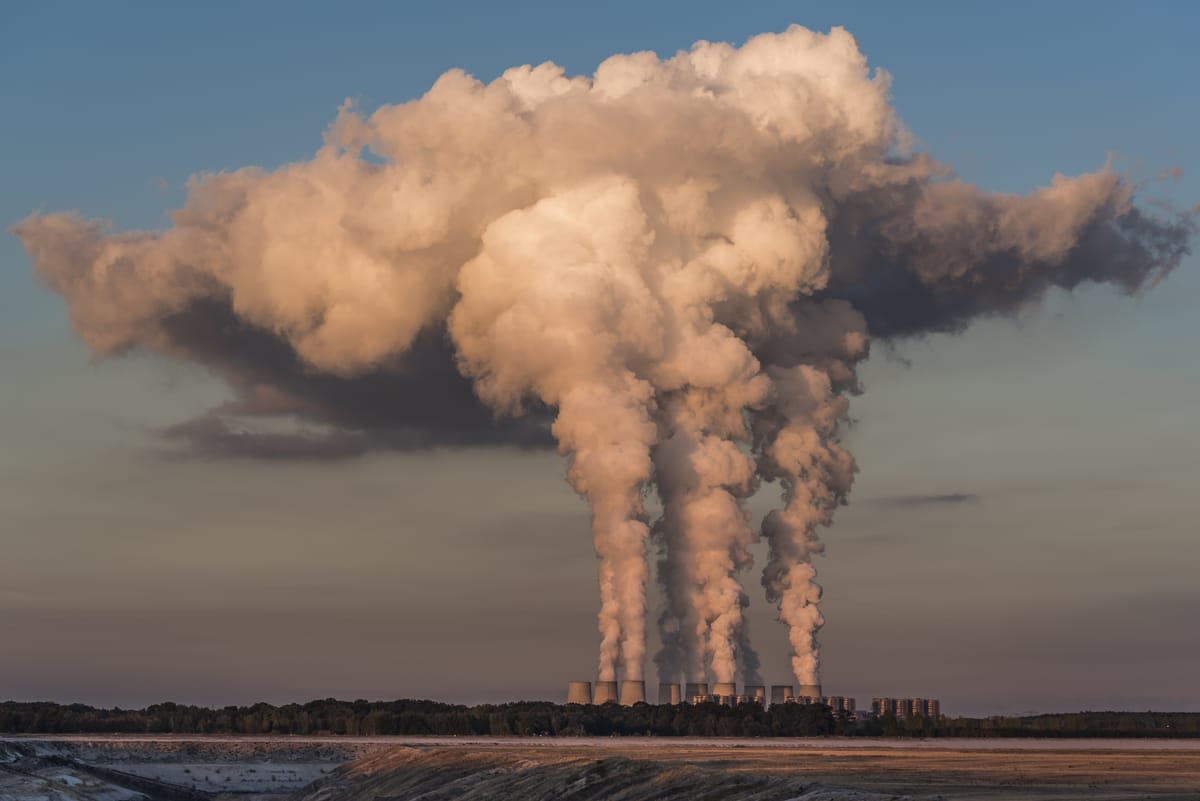US Govt Says Companies Don't Reveal AI's Environmental Impact
President Donald Trump sparked controversy by declaring coal as his preferred energy source

As generative AI (GenAI) continues to evolve and integrate into various sectors, the Government Accountability Office (GAO) warns that GenAI could impact everything from resource consumption—such as energy and water—to critical areas like cybersecurity, data privacy, misinformation, workforce disruption, and even national security.
“Generative AI uses significant energy and water resources, but companies are generally not reporting details of these uses. Most estimates of environmental effects of generative AI technologies have focused on quantifying the energy consumed, and carbon emissions associated with generating that energy, required to train the generative AI model,” the report stated.
The GAO also noted that both the benefits and risks of GenAI remain uncertain due to limited available data, adding that the rapid expansion of AI tools raises important questions about their long-term impact.
Environmentalists and researchers have warned that training large AI models emits hundreds of metric tons of CO₂, equivalent to the annual emissions of multiple cars.
These models demand vast energy resources, contributing to increased greenhouse gas emissions, especially when powered by fossil fuels.
Capgemini reports that GenAI currently accounts for approximately 2.6% of an average organisation’s total emissions. With the technology’s rapid adoption and growing demand, that figure is projected to nearly double to 4.8% over the next two years.
Beyond carbon emissions, generative AI's infrastructure consumes substantial water for cooling data centres, straining freshwater resources. As AI adoption grows, so does its environmental footprint, necessitating urgent strategies for sustainable development.
Earlier this year, President Donald Trump sparked controversy by declaring coal as his preferred energy source for powering the data centres—a stance criticised by industry leaders and Democrats who favor renewable energy alternatives.




